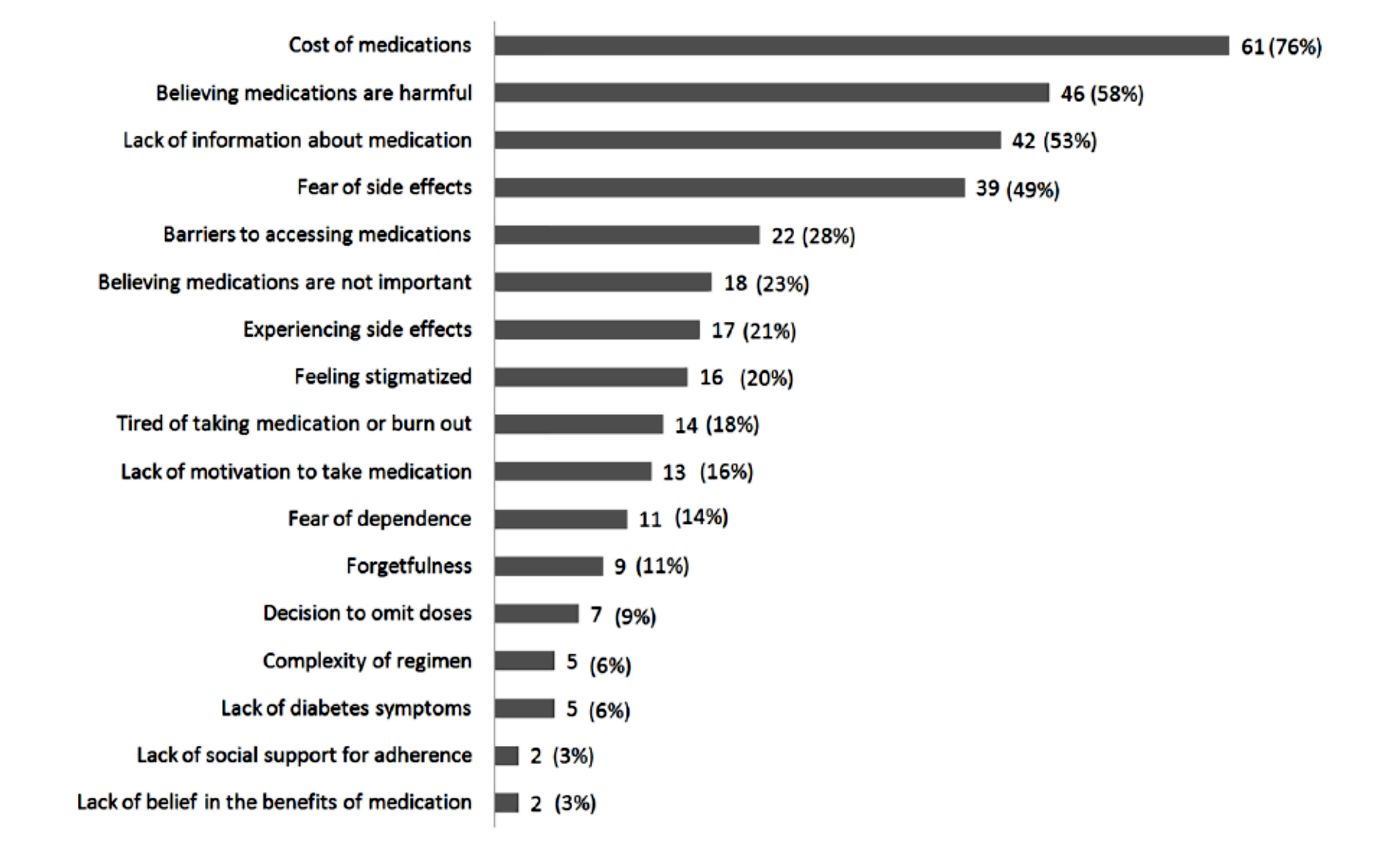- The most common barriers to taking medications were the cost, a lack of knowledge, and believing medications were harmful

- MED reduced users' barriers to medication taking
- Barrier reductions were associated with improved medication taking and A1c
The Rapid Education/Encouragement for Health (REACH) program does what MED does, but addresses more self-care barriers, promotes healthy eating, physical activity, self-monitoring of blood glucose, delivers A1c test results, gives weekly performance feedback via text, and access to over-the-phone medication counseling by a clinical pharmacist. Studies show adding a human element to digital health programs makes them more effective.
One Drop's upcoming premium subscription service will include in-app coaching from certified diabetes educators, making One Drop even more effective. The JMIR Human Factors article reports REACH users:
- Identified content and technical issues that we could then fix
- Understood and found tailored text messages to be helpful
- Responded to 96% of daily text messages
- Said weekly feedback on their performance was helpful
If I could wave a wand, scientific evidence would be an integral part of all health apps. One hesitation with leaving my scientific career behind was the idea of joining a world without science. Boy, was I wrong.
Science is all around me at One Drop. From the REACH study, we found being responsive to users preferences and technical issues is paramount. One Drop has been doing that since day one, with Founder and CEO Jeff Dachis often responding to users' concerns and requests on the hour.
Similarly, MED taught us data-driven personalization reduces self-care barriers, improving A1c. One Drop is all about data-driven tailoring, making the user experience personally relevant, displaying performance data as feedback, and breaking down barriers to understanding and managing diabetes. Already, there is so much scientific integrity under One Drop's hood.




